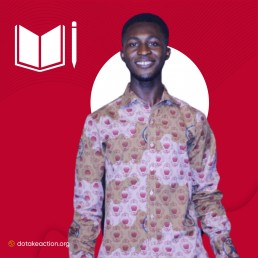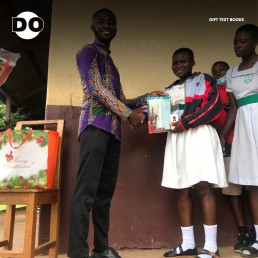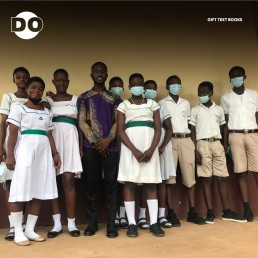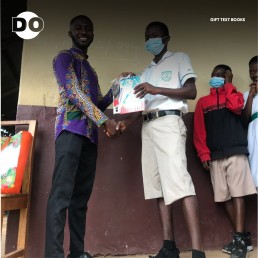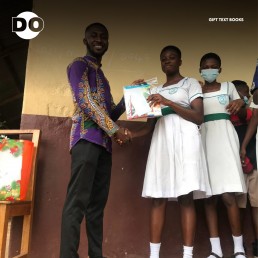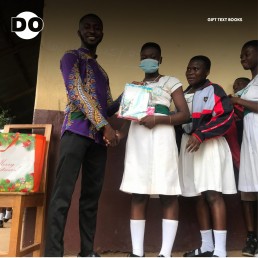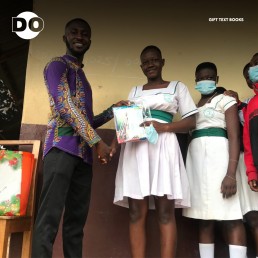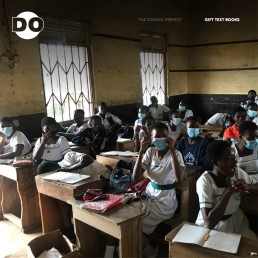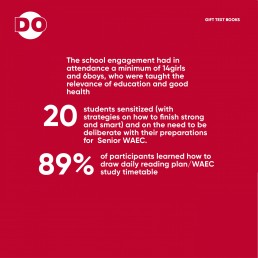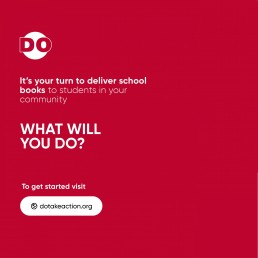THE NEED
There is something about reading books. It immerses you into the world of the writer. You get to feel the feelings and think the thoughts. You can call it literal intercourse. That is how many great men we celebrate today got to build their monumental legacies; a testament to an immersive quest for knowledge.
But, these days, only a few young people appreciate the gift of knowledge. Most kids would rather spend hours seeing movies (seasons after seasons), playing games and goofing on the internet than spend one hour reading. The advent of social media has shortened the attention span of this millennium; we can’t afford to spend time acquiring knowledge and gaining perspective through reading; we are all afraid of losing out.
In Africa, the horrible reading culture, especially among schoolchildren and students, has reached terrifying heights. According to the World Culture Score Index, Africa has the lowest reading culture in the world. In 2008, a World Bank research on Textbooks and School Library Provision in Secondary Education in Sub-Saharan Africa found little or no evidence of any systematic approach to or consideration of the complete spectrum of secondary textbook cost reduction options in any of the 19 countries examined. It went on to say that just one of the 19 nations investigated (Botswana) has appropriate textbook provision at close to a 1:1 ratio for all courses and grades; in other words, most African students don’t have enough textbooks, and what they do have are too expensive.
Regrettably, this adverse development is an ominous challenge the continent seems not to be paying needed attention too. Ghana still has a long way to go despite boasting a laudable 79.04 rating in reading culture.
It is against this backdrop that 22-year-old Felix Nti-Sarpong decided to step up and proffer a solution. Ado Damilola Kaosarat is a Geomatic Engineer based in Kumasi, Ghana. He is passionate about transforming his generation and therefore set out on Gift Books and Textbooks project under DO-Take Action to empower students with textbooks and study materials, especially those in examination classes.
He carried out the project at Kotei Junior High School, Ghana, and it entailed the following;
- Talk about the relevance of education and good health
- Distribution of books, pens, pencils, erasers, sharpeners, tissues, and nose masks.
- A session on strategies to finish strong and smart
- Closing remark showing appreciation to staff and students
In the course of the project, a minimum of 20 students was informed of the need to have a reading habit and prepare diligently for their examinations. The students took the Improved Access to Quality Primary Education knowledge test and learned how to draw a daily reading plan/WAEC study timetable.
Now, that was Felix’s contribution to achieving literacy in his community. What change are you engineering?
If you enjoyed the story and would like to read more stories like this, sign up for our monthly newsletter to get notified of new stories.
Also, do well to follow our social media handles for more engaging and entertaining content on issues that affect YOU.
